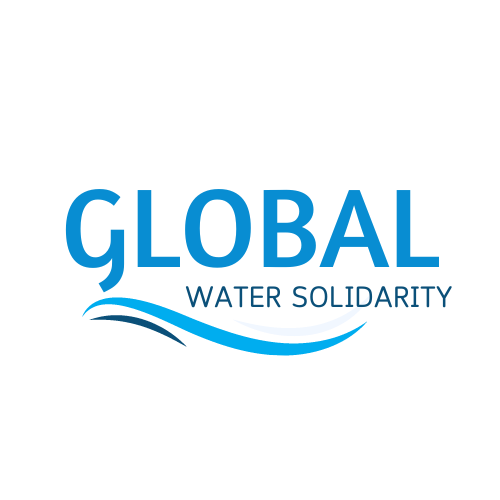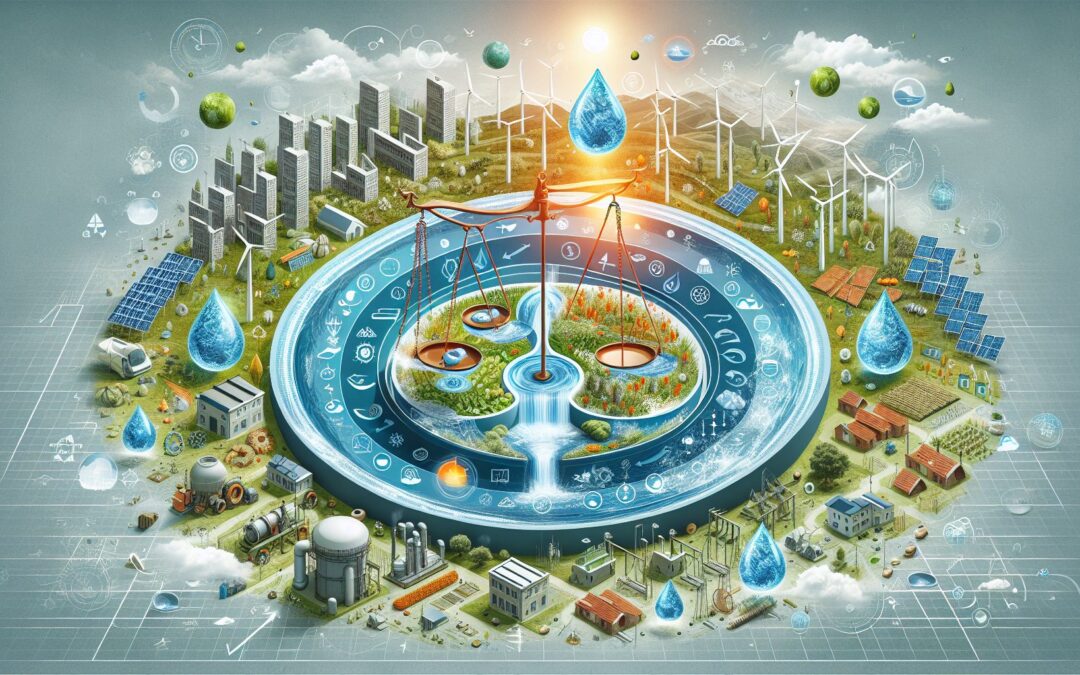The interconnected nature of water and energy resources forms a critical nexus in the global arena. This relation, known as the “Water-Energy Nexus,” is rapidly gaining attention in the spheres of sustainability and developmental studies. This dual dependence of water and energy resources necessitates a balanced, multifaceted approach. This article aims to probe deeper into the water-energy nexus and how it impacts our march towards sustainability and development. It will also delve into strategies for better policymaking and the role of technology in maintaining this balance.
Understanding the Water-Energy Nexus
Energy and water are intrinsically linked resources – one cannot exist or be utilized without the other. This refers to the fact that energy generation and transmission depend considerably upon the availability and quality of water, while access to clean, safe water relies heavily on energy for purification, pumping, and transportation. Understanding the interwoven relationship between these sectors can lead to more effective and synergistic decision-making process [^1^].
For instance, energy generation primarily from thermoelectric power plants requires a significant water allocation. Similarly, conventional oil and gas extraction, as well as hydraulic fracturing, are heavily water-dependent processes. Simultaneously, the purification of wastewater in sewage treatment plants, transportation, and storage, along with the provision of hot water supply, involves immense energy input.
In regions facing water scarcity, energy consumption further amplifies due to the need for desalination plants or extensive pumping. Conversely, in areas with inadequate power supply, the provision of clean, safe water and wastewater treatment can be significantly hampered.
Thus, any strain on these resources can have a ripple effect, disrupting not just the water and energy sectors but the whole socio-economic fabric of a region.
The Water-Energy Nexus: An Obstacle or an Opportunity?
While the water-energy nexus may initially appear as a challenge, upon closer reflection, it presents an enormous opportunity. It becomes a platform where policymakers, researchers, and businesses can interact and collaborate to ensure the optimum and sustainable use of these resources[^2^].
The first step is recognizing and communicating the shared pressures on water and energy resources. By acknowledging the intricacies of these interdependencies, better strategies can be developed to manage these resources more efficiently. Cooperation and shared vision can significantly enhance the effectiveness of these strategies, leading to universal development and growth.
Investment in innovative technology is another significant opportunity. Advancements like energy-efficient water purification and wastewater treatment processes can make a substantial impact in managing the water-energy nexus. Similarly, the development of water-efficient energy generation techniques can substantially reduce the strain on water resources.
A blend of policy interventions with technological innovation can significantly help in managing the water-energy nexus without compromising on either sustainability or developmental objectives.
Conclusion
As the world navigates through an era of accelerating climate change and intensifying resource stress, the understanding and management of the water-energy nexus become increasingly critical. Neither water nor energy exists in isolation. If sustainable development is the goal, then this interdependence cannot be overlooked.
Balancing the water-energy nexus is an arduous task. Still, it holds the promise of blending sustainability and development successfully. Through integrated policy intervention and innovation, the dual demands of water and energy can be effectively met, contributing towards a sustainable and prosperous future.
[^1^]: Gleick, P. H. (1994). Water and energy. Annual review of energy and the environment, 19(1), 267-299. Link
[^2^]: Hoff, H. (2011). Understanding the nexus. Background Paper for the Bonn2011 Conference: The Water, Energy and Food Security Nexus. Stockholm: Stockholm Environment Institute. Link

